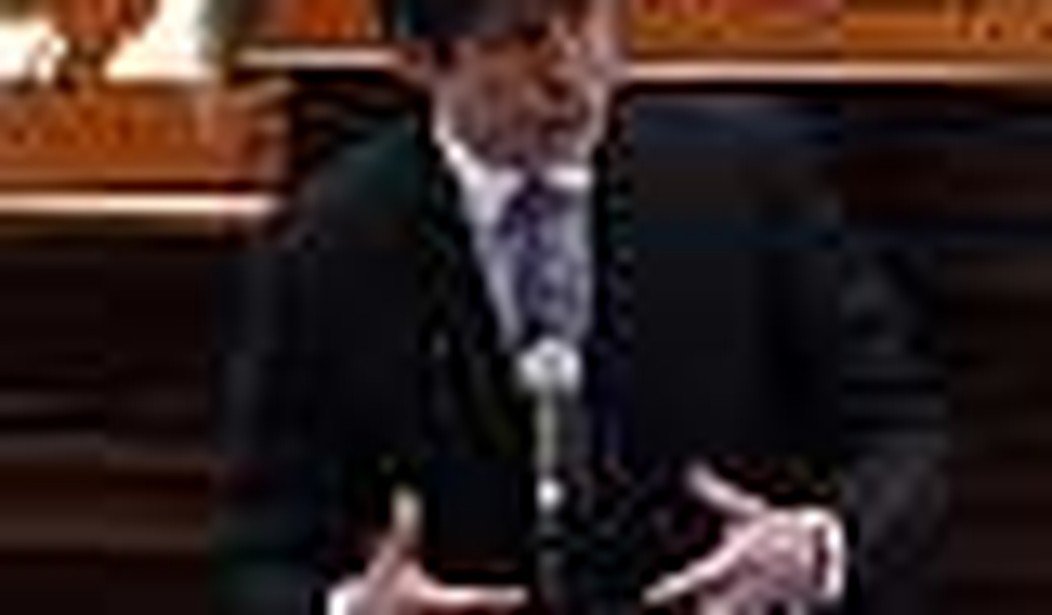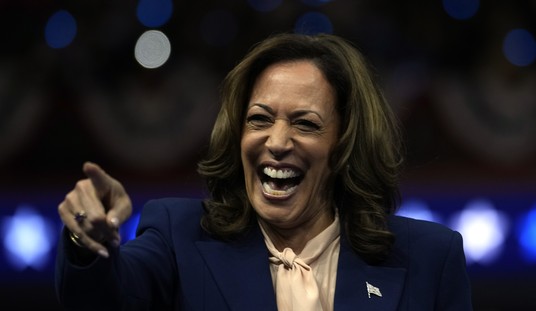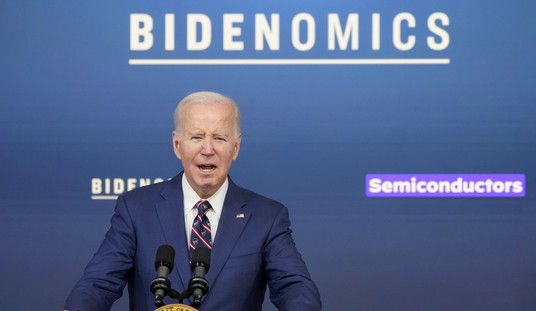For three days, the soon to be ex-governor of Illinois, Rod Blagojevich, boycotted his Illinois Senate impeachment trial, complaining about the rules under which the state Senate was trying him and decrying the “rush to judgment” that the trial represented.
But today, with almost certain conviction and removal from office staring him in the face, Blagojevich made a dramatic appearance in the ornate Senate chamber that has served as the backdrop to his impeachment trial. He gave an emotional and impassioned defense of his actions, saying: “I didn’t do anything wrong.”
The Illinois House committee charged with looking into impeaching him had a different opinion. They agreed to a 13 count bill of particulars that detailed wrongdoing by Blagojevich going back to his first term:
- That Blagojevich plotted to obtain “personal benefit” in exchange to fill President Obama’s vacant Senate seat.
- That Blagojevich plotted to condition the award of state assistance to the Chicago Tribune based on the firing of some of the paper’s editorial board members.
- Six separate counts claiming Blagojevich traded official favors for campaign contributions.
- Three articles on Blagojevich exceeding his authority in unilaterally creating health care benefits.
- That Blagojevich abused state hiring and firing procedures.
The criminal case against Blagojevich may be in the back of the senators’ minds, but the rules under which they are operating require a more lax standard to convict. That’s why it is considered a virtual certainty that Blagojevich will become the first Illinois governor ever removed from office.
But Blagojevich was not willing to go without a fight. His speech — schmaltzy and emotional in some places, while being fiery and defiant in others — was delivered to a spellbound chamber of senators who have heard witness after witness testify to Blagojevich’s “pay to play” schemes and his unethical actions in seeking to sell Obama’s vacant Senate seat.
He began by blasting the rules of the trial, claiming he couldn’t bring his own witnesses in his defense. What he really meant was that he refused to follow the rules set down by the Senate trial committee. When they wouldn’t budge, his lawyer resigned and Blagojevich vowed to boycott the trial.
He claimed that “the people” were urging him to come forward and tell his side of the story, which is how he ended up in the chamber this morning pleading for his job.
“I’m here to talk to you, to appeal to you, to your sense of fairness,” Blagojevich told senators. “I’m asking you as I speak to you today to imagine yourself walking in my shoes.”
“Who knows? Maybe you’ll reconsider and give me a chance to call those witnesses I want to call,” he added.
He continuously claimed that the tapes were actually exculpatory, that they proved he didn’t do anything wrong. He defended his actions in the “pay to play” schemes of his friend and confidante Tony Rezko, who was convicted last summer of bribery and other crimes having to do with the letting of state contracts for hospital expansion. Tapes played at Rezko’s trial showed the governor in the thick of the scheme, and an inspector general’s report that Blagojevich pointed to today as proof of his innocence blasted his administration for laxity in the whole affair.
His strongest defense came when he talked about all the health care initiatives he delivered to the voters during his two terms — many of which were initiated by executive fiat, as he was constantly at war with members of his own Democratic Party over his end runs around the legislature. It was here that Blagojevich laid on the schmaltz by recalling his own family’s beginnings in America and telling the story of a single woman who worked hard every day, taking public transportation from the city out to O’Hare airport in order to support her family. His voice caught a couple of times when describing the woman’s struggles. “My policies have been all about helping families like those,” Blagojevich said. “I confess maybe I push too far.”
That may be the case. But the evidence was particularly damning with regard to his “pay to play” schemes and the shopping of the Senate seat to at least six candidates. He continued to insist that there was no evidence of wrongdoing on the government’s tapes and that he was entirely innocent.
He closed with an emotional appeal for “fairness.”
It ain’t about me. Charge it to my heart,” Blagojevich said. “When you get to be governor and you get a chance to help people like that, it’s gratifying.”
“Is it the right precedent to set to take a gov twice elected and throw him out of office when you’re not able to prove criminal allegations?” Blagojevich asked. “The ends don’t justify the means. An improper impeachment not based on evidence are improper ends not justified by means.”
Impeachments are rare and set a “dangerous and chilling precedent.” Blagojevich said he was in a “unique and lonely place.”
“You haven’t been able to show wrongdoing in this trial, and you’ve deneid me the chance to bring in a whole bunch of witnesses who could say I haven’t done anything wrong and I’ve done a bunch of things right,” Blagojevich said. “Imagine what would happen (to other governors).”
“I’m asking you to acquit me … and if you’re not comfortable with an acquittal, extend this process” and let him present evidence and witnesses,” Blagojevich said. “Imagine yourself in my place. Walk a mile in my shoes.”
Senators interviewed following Blagojevich’s defense were unmoved and unconvinced. The Chicago Tribune is reporting that Blagojevich’s belongings have all been packed and are ready to be moved once the Senate votes, probably later today. Lieutenant Governor Pat Quinn is waiting outside the chamber, with the Illinois chief justice in tow, in order that he can be sworn in immediately once Blagojevich is convicted.
It was, in many ways, a bizarre end to a bizarre set of circumstances. Most who were watching the Blagojevich speech knew full well that he had tried to trade the vacant Senate seat for financial gain and/or the prospect of a job after he left office. His denials rang hollow in the face of the overwhelming evidence that the tape transcripts revealed. And yet his appearance at the 11th hour of his trial and his dramatic appeal to the senate jury for his political life made for great political theater.
Unfortunately for Blagojevich, it is unlikely that he will be allowed a curtain call for his performance.










Join the conversation as a VIP Member